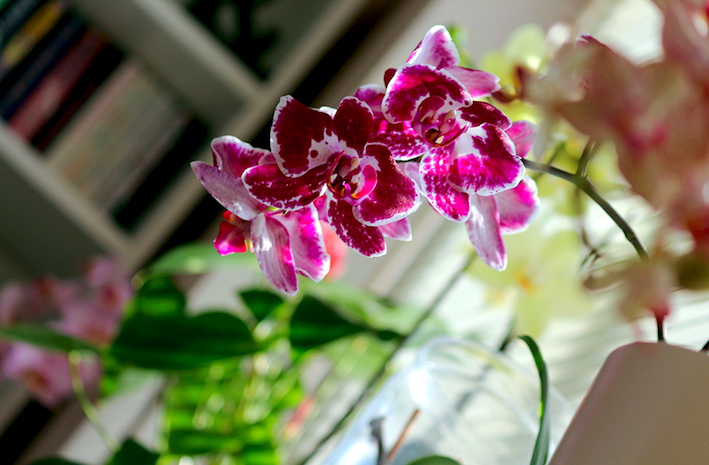Anna Gordon, Birkbeck Careers Consultant, shares her top ten tips for keeping motivated through the pandemic.
We are all going through one of the most challenging experiences of our lives and you may be feeling more anxious and uncertain about your career. It is important that you do not benchmark your success today with what you were achieving pre-pandemic. It is like comparing apples to oranges. Take a breath, step back, and re-group.
Here are ten tips to help you stay motivated:
- It is time to shift your mindset and adjust your expectations. So you don’t beat yourself up, try and stay in a positive frame of mind. Self-care and self-compassion are also what are needed now.
- What you focus on you give energy to, so focus on the good things, your strengths, your accomplishments, and what you have control over.
- Spend time reflecting on what makes you you – your unique abilities, and achievements. Do not believe everything you see on social media about other people’s lives and successes – these are often illusory, one-dimensional and can lead you down a compare and despair spiral. Everyone has their own unique life journey. Focus your energy on yours.
- Have a routine and stay occupied.
- Reconnect mind, body and spirit and schedule difficult tasks when you know you feel most energised, not when you feel exhausted.
- How you handle rejection and failure makes the difference. Try and not take them personally but see them as learning curves. Look at them objectively – what can you take from them to help you grow?
- Practice mindfulness, it can help you live in the present moment as opposed to ruminating on the past or worrying about the future, so you are not reactive and overwhelmed by what is going on around you.
- Use this time to reconnect with people you have lost touch with and build or repair relationships that may have gone cold. Check in with them, how are they coping? Share your news and career updates. Let family and friends know how they can help and support you.
- This is a chance to re-connect with your authentic self as well, with your why. Build it into the narrative of who you are, what you do (or want to do), who you help and how you help them. Connect it to your purpose.
- If you feel negativity creeping in, notice it and counterbalance it with positive affirmations. There are many theories and a lot of neuroscience supporting their benefits both mental and physical.
Living through this pandemic will make us grow in our sense of personal strength and resilience. Most importantly, in terms of our career, although it may take away certain opportunities, this is temporary. It also opens us up to new possibilities.
Remember, you are awesome, and you are doing great. Just keep going, we are here to help you on the journey.
Further Information


